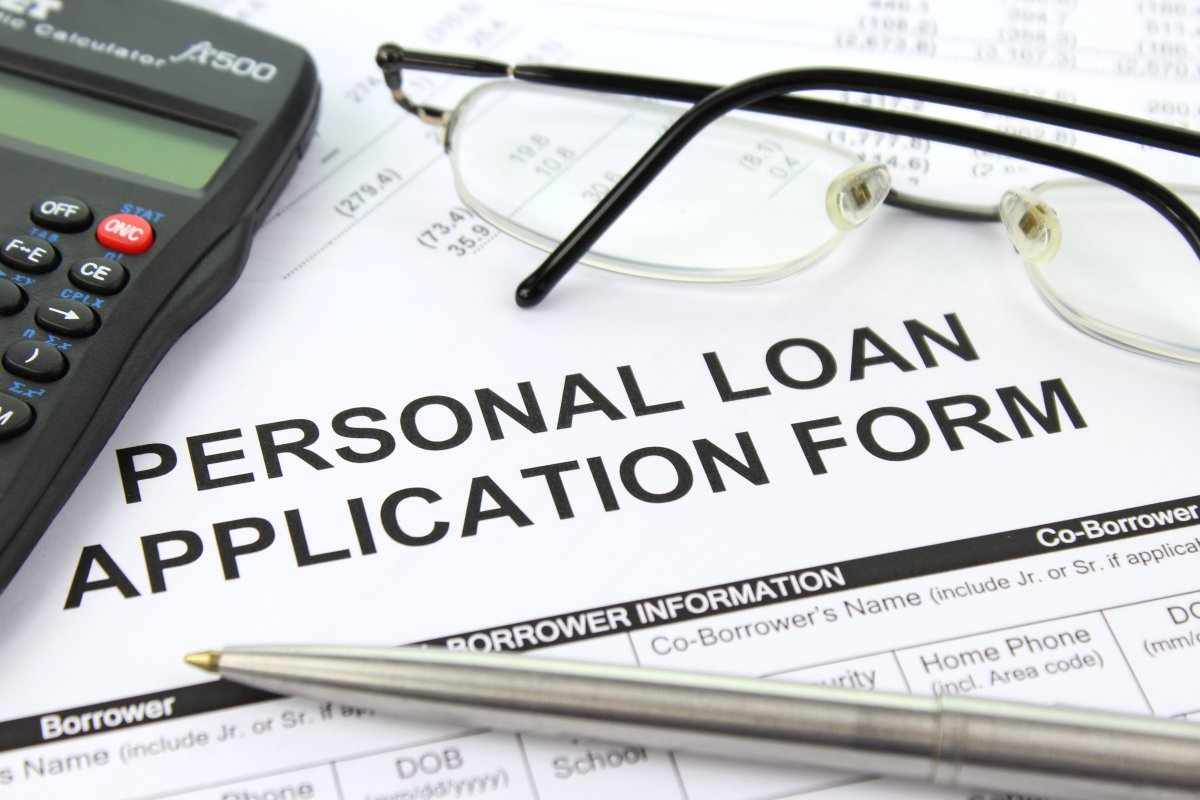Personal loans are a popular financing option for their flexibility, convenience, and quick access to funds. However, it’s important to be aware of their drawbacks. High interest rates can result in significant repayment amounts, credit checks can impact credit scores, and excessive borrowing may lead to unnecessary debt.
Additional fees and charges should also be considered before taking out a personal loan. By understanding these potential pitfalls, borrowers can make informed decisions about their finances.
Impact of Higher Interest Rates on Personal Loans
Personal loans often come with higher interest rates than alternative borrowing options such as credit cards or home equity lines of credit (HELOCs). These rates can significantly affect the cost of borrowing over time. For instance, a $10,000 personal loan with a 10% APR over five years would result in nearly $2,600 in interest payments.
In comparison, securing a lower-interest option like a HELOC with a 5% APR could save you over $1,200 in interest. It’s crucial to carefully consider the long-term cost implications and explore other borrowing options before committing to a personal loan. Comparing interest rates helps ensure you make the most financially sound decision.
More Eligibility Requirements
Obtaining a personal loan often involves meeting stricter eligibility requirements compared to other forms of credit. Lenders consider factors such as credit history, income stability, and debt-to-income ratio before approving a personal loan application.
This means that individuals with less-than-perfect credit or irregular income may face challenges in securing a personal loan. Additionally, borrowing limits for personal loans may be lower, making it difficult to obtain larger sums of money.
These eligibility requirements are put in place by lenders to mitigate risk but can limit access to funds for borrowers who do not meet the criteria.
High Fees and Penalties
Personal loans often come with high fees and penalties that can significantly impact the overall cost of borrowing. One common fee is the origination fee, charged by lenders to compensate for processing the loan application. Origination fees typically range from 1% to 8% of the total loan amount and are deducted upfront.
Additionally, borrowers should be aware of potential prepayment penalties. Some lenders impose these penalties if you pay off your personal loan early. This can offset any potential savings you would have gained from early repayment.
Understanding these fees and penalties is essential when evaluating the true cost of a personal loan. Before committing to any loan agreement, carefully review all associated costs and inquire about any potential hidden charges from your lender.
In summary, personal loans can carry high fees such as origination fees and penalties like prepayment charges. By being aware of these additional costs, borrowers can make informed decisions and avoid unnecessary financial burdens.
Increased Debt Load
Taking out a personal loan can increase your overall debt load. A personal loan is still a form of debt that needs to be repaid, adding another monthly payment obligation to your budget. This can strain your finances and make it difficult to manage existing debts and expenses effectively.
Additionally, the accessibility of funds from a personal loan can tempt borrowers into using the money for discretionary spending or non-essential purchases, further worsening their debt burden.
To avoid this trap, have a solid repayment plan in place before taking out a personal loan. Consider your current financial obligations and whether adding another monthly payment is feasible without stretching your budget too thin.
By understanding the potential consequences of accumulating more debt through personal loans and practicing responsible borrowing, you can make informed decisions about your financial well-being. Take control of your finances by prioritizing disciplined borrowing and seeking professional advice when needed.
Impact on Credit Score and Future Borrowing Opportunities
When you take out a personal loan, it can have consequences for your credit score and future borrowing options. Lenders usually perform a hard inquiry on your credit report when you apply for a personal loan, which can temporarily lower your credit score.
If you miss payments or default on the loan, it can significantly damage your credit history and make it harder to qualify for future loans. Carrying a high amount of debt from a personal loan can also negatively impact your credit utilization ratio, making lenders see you as higher risk.
It’s crucial to consider these potential outcomes before deciding whether to take out a personal loan, as they can affect your creditworthiness and borrowing opportunities in the long run.
Conclusion: Weighing the Pros and Cons
Before deciding to take out a personal loan, it is important to carefully consider both the advantages and disadvantages. In this article, we have discussed several drawbacks that individuals should be aware of.
One drawback is that personal loans often come with higher interest rates compared to other borrowing options. Additionally, there are stricter eligibility requirements that may make it harder for some people to qualify. High fees and penalties can also be associated with personal loans, increasing the overall cost.
Furthermore, taking on a personal loan can increase your overall debt load and impact your credit score. It’s crucial to evaluate whether adding more debt aligns with your financial situation and goals.
[lyte id=’x-QGUtKKwNo’]





